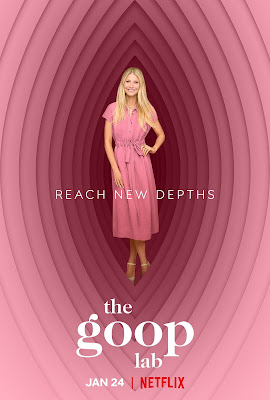Straight Info on the 2019-nCoV Coronavirus
The outbreak of a new contagious virus in Wuhan has many people asking questions that the internet's experts are happy to answer. As with any public health incident, the misinformation is difficult to separate from authentic guidance. Today I was able to attend a discussion by animal virologist Dr. Illaria Capua. She covered the topic with off-the-presses information and provided several action items. Dr. Capua made some clear points that I'll list as bullets for clarity. Similar historical outbreaks. SARS and MERS were also highly infectious coronaviruses, but were rapidly contained early because of their physical routes of transmission. Started in wildlife. These kinds of coronaviruses are transmitted to people from animals. Previous examples track transmission from chickens, pigs, camels and bats. The 2019-nCoV virus likely originated from a bat. Numbers. As of today, just under 9826 people are infected globally,...



